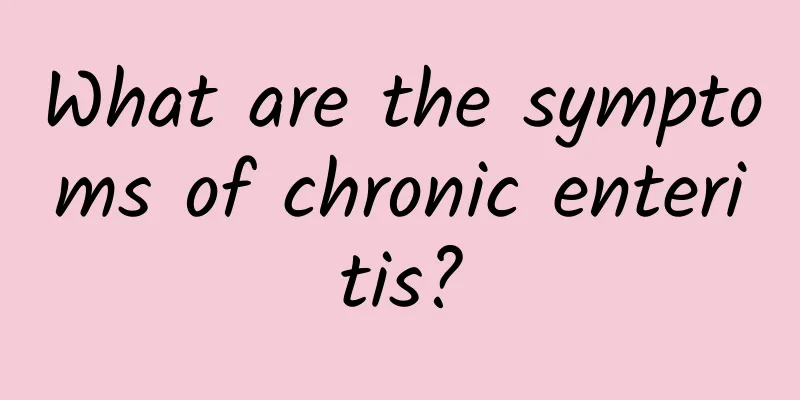Foods that stimulate insulin secretion

|
For potential diabetic patients, or for diabetic patients who already have the disease, eating more foods that help insulin secretion is beneficial to the health of the body. There are many such foods, such as pumpkin, winter melon, zucchini, cucumber, etc. These foods are rich in nutritional value, have diuretic effects, can promote insulin secretion, and have a good effect on alleviating the condition and preventing diabetes. Foods that stimulate insulin secretion 1. Pumpkin Warm in nature, sweet in taste. It can replenish the middle and strengthen the Qi. Pumpkin mainly contains citrulline, vitamin B, fat, cellulose and so on. Research in recent years has found that pumpkin contains a large amount of pectin. When pumpkin is eaten with starchy foods, it will increase the viscosity of stomach contents and delay stomach emptying. After fully absorbing water in the intestine, the pectin forms a gel-like substance, which can delay the intestinal absorption of sugar and lower postprandial blood sugar. In addition, pumpkin is rich in the trace element cobalt, which is a trace element necessary for the synthesis of insulin by human pancreatic cells. It can promote the secretion of insulin in the body and lower blood sugar. Eating pumpkin regularly can also lower blood lipids and lose weight. 2. Winter melon: It is slightly cold in nature and sweet in taste. It can promote urination, quench thirst, relieve depression, remove heat from the head and face, and detoxify. Regular consumption helps in losing weight. 3. Gourd: mild in nature, sweet in taste. It can relieve thirst, promote urination and relieve restlessness. It is suitable for people with diabetes who develop carbuncles, boils, and painful flesh in the mouth and nose. Can be eaten for a long time. 4. Zucchini It is mild in nature and sweet in taste. It can clear away heat and dampness, and can also stop diarrhea. Rich in vitamins. Diabetic patients can eat more and regularly to satisfy their hunger. 5. Cucumber It is cold in nature and sweet in taste. It can eliminate evil heat, clear away heat and quench thirst, promote urination, and has the effects of lowering blood sugar, lowering blood lipids and losing weight. Diabetic patients can use it to satisfy hunger, quench thirst and eliminate heat. Pharmacological studies have confirmed that low calorie supply can inhibit the conversion of carbohydrates into fat. Therefore, diabetic patients with hypertension and hyperlipidemia should eat more cucumbers. 6. Bitter Melon It is cold in nature and bitter in taste. Bitter melon clears away heat and detoxifies, relieves restlessness and quenches thirst, and has the functions of "clearing away evil heat, relieving fatigue, clearing the heart and improving eyesight, and invigorating qi and strengthening yang." Bitter melon is known as "plant insulin". Pharmacological experiments have found that the bitter melon saponins contained in bitter melon not only have effects similar to insulin, but can also stimulate the release of insulin, and have a very obvious blood sugar-lowering effect. 7. Carrots Diabetic patients have a large number of free genes in their blood, and it is these free genes that destroy the activity of insulin in the human body. As long as we can find a way to eliminate free radicals, we can block the development of diabetes. Carrots contain a lot of carotene, which can remove free radicals in the body. Therefore, eating more carrots, cabbage and other vegetables rich in carotene in your daily diet will greatly help prevent diabetes. 8. Onion It has a light taste and a neutral nature, and has the effect of lowering blood sugar. It has been found that onion is the only vegetable that contains prostaglandin A. Eating more onion can help dilate blood vessels, prevent arteriosclerosis, and is beneficial for the prevention of diabetic complications. You can boil 50 to 100 grams of onion in water and drink it, or you can eat it raw with seasoning. The S-methylcysteine sulfoxide contained in onions has the effect of lowering blood sugar and blood lipids. Onions also contain sulfonylureabutyric acid, which can lower blood sugar by promoting the utilization of sugar by cells. Onions can also lower blood lipids, reduce blood viscosity, and improve atherosclerosis. Regular consumption can prevent the occurrence of cardiovascular and cerebrovascular complications of diabetes. |
<<: What causes high insulin levels?
>>: How to store insulin in summer
Recommend
How to improve calcium loss caused by coffee?
Coffee is an indispensable drink in our daily lif...
HIV antibody negative
I believe everyone has heard of the HIV virus. HI...
Is it better to use decoction-free granules or decoction medicine?
Single-ingredient Chinese herbal medicine formula...
How to clear the neck and shoulder blockage
If blockage occurs in the shoulder and neck area,...
What is high folic acid?
Everyone knows that folic acid is a nutrient that...
How to measure blood pressure and use it correctly
Measuring blood pressure is a common detection me...
High creatine kinase and fast heart rate
We all know the importance of human heart functio...
Things to note before the physical examination
Many friends will consciously go to the hospital ...
What to do if you feel sick after eating too much sugar
No matter who you are, you should not ignore the ...
What to do if your newborn baby has dry skin? These tips will save you from worry!
When the weather turns cooler in autumn and winte...
Clinical manifestations of hypokalemia
When we go to the supermarket to buy salt, we may...
What are the effects of maca tablets
What are Cordyceps Maca Tablets? I believe that m...
What are the effects and functions of Danshen?
Salvia miltiorrhiza is also a common Chinese medi...
What are the benefits of seahorse soup?
Many people may be familiar with the name seahors...
Female groin massage
The groin is a common part of the human body. It ...









